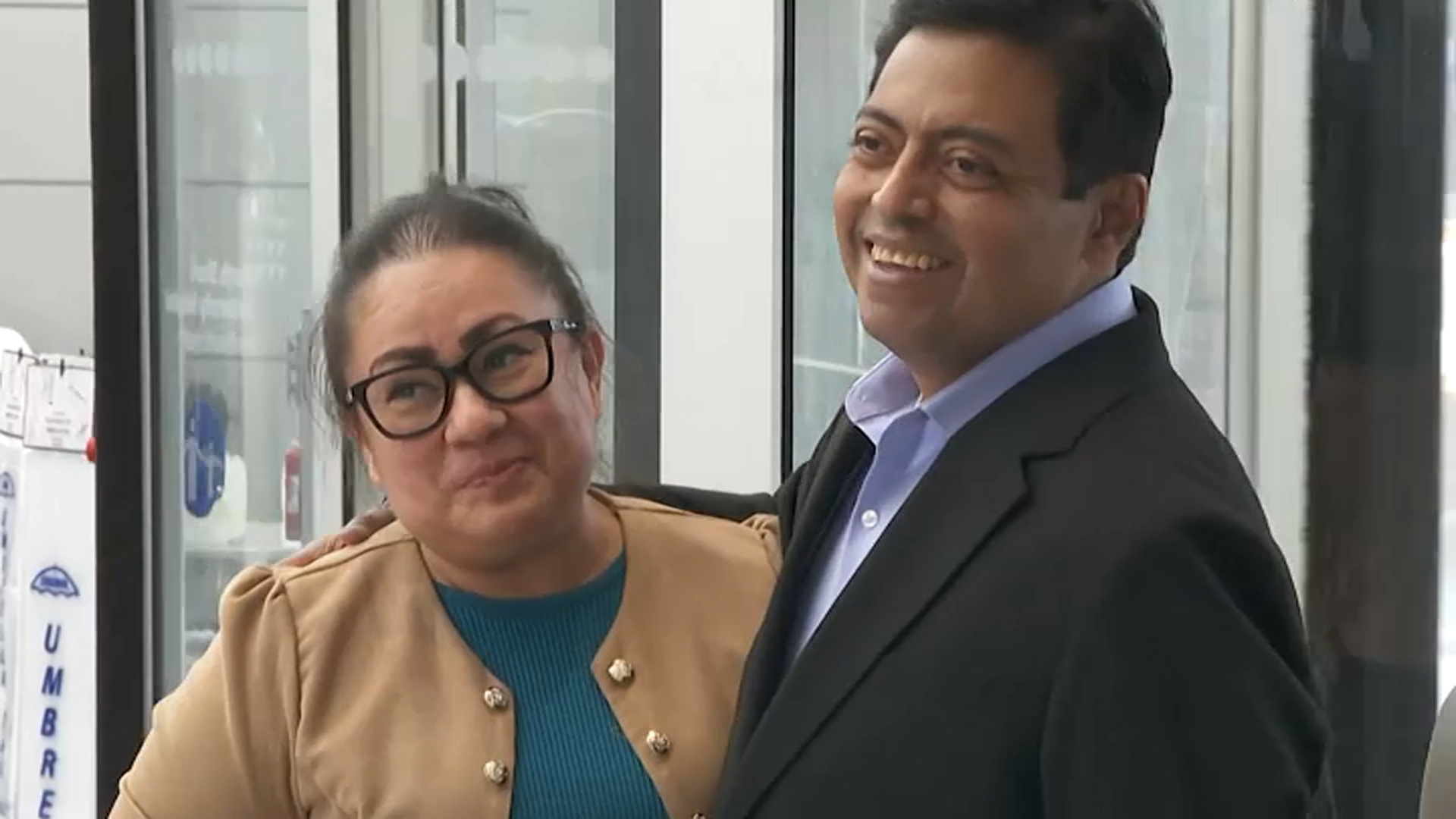After a brief summary of some policy achievements, Governor Christie spent a majority of his speech promising to to fight one last battle in his final year in office. Brian Thompson reports.
Republican Gov. Chris Christie said Tuesday that he will focus in his final year in office on New Jersey's drug epidemic, promising to limit the supply of opioid drugs doctors can initially prescribe and seeking legislation to require insurers to pay for at least six months of drug treatment.
Christie turned the majority of his seventh state of the state address, usually a speech about the governor's various priorities, into an impassioned plan to tackle a drug crisis that is claiming hundreds of lives a year.
"I will not have the blood of addicted New Jerseyans on my hands because we waited to act,"Christie said. "I will not willingly watch another 1,600 of our citizens die and watch their families mourn and suffer."
Nearly 1,600 people in New Jersey died from drug overdoses in 2015, an increase of about 20 percent over 2014, according to data from the state medical examiner's office. Most of those came from opioids, including heroin and fentanyl.
Democratic leaders applauded Christie's focus on drug treatment, but also said that there are other major issues facing the state that lawmakers and Christie need to deal with, including school funding.
"If you closed your eyes, you would think you were hearing a Democrat giving a speech," said Democratic senate President Steve Sweeney. "We welcome this conversation on addiction. We need conversations on a whole host of other issues."
Christie has focused much of his time in office on the issue of drug addiction, and also made addressing the opioid epidemic a key plank in his unsuccessful presidential campaign. While in office, he has expanded drug courts and signed measures that include expanding the use of the overdose-prevention drug naloxone and a prescription monitoring program.
Local
Among Christie's policy proposals outlined Tuesday:
—He said that he was having his attorney general put together regulations to require that doctors only initially prescribe a five-day supply of opioid drugs for acute pain, instead of a 30-day ration. A handful of states, including Massachusetts, New York, Connecticut, Rhode Island and Maine, have enacted similar restrictions in the past year.
—Christie said that he was changing rules so that 18- and 19-year-olds can be considered children to cut down on waiting lists for treatment beds.
—He called on state lawmakers to approve a change to require insurers to pay for at least six months of drug treatment. The state's largest health insurer, Horizon Blue Cross Blue Shield, said Tuesday it's willing to work with him on the idea.
—He said that the state will put together a school curriculum to teach children starting in kindergarten about avoid opioid abuse.
—Christie also announced a new phone and online helpline at reachnj.gov and 1-844-ReachNJ.
The speech drew praise from advocates in the state's drug treatment community. Debra Wentz, chief executive of the New Jersey Association of Mental Health and Addiction Agencies, called Christie's speech "inspirational and powerful."
"It's extremely powerful to take ownership of eliminating the stigma against addiction and to expand multiple (ideas) addressing that," Wentz said. "The stigma is there. But when you have someone who is the governor who repeatedly makes this their platform, it's powerful and it's strong."



